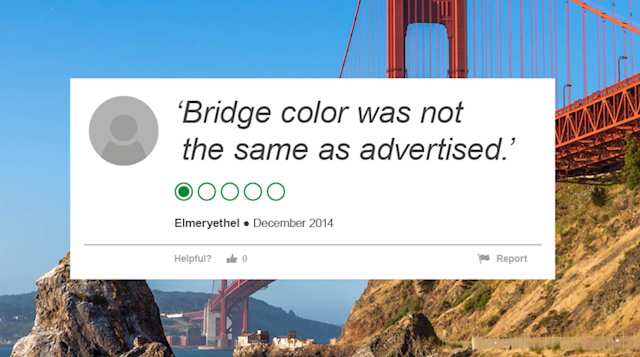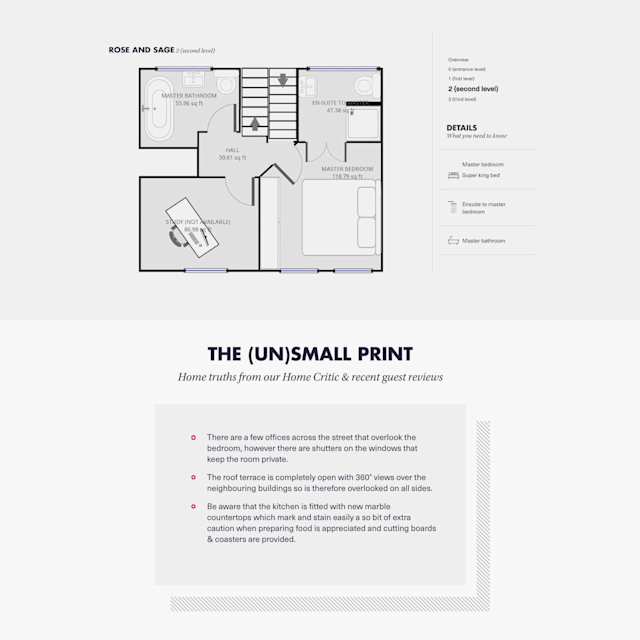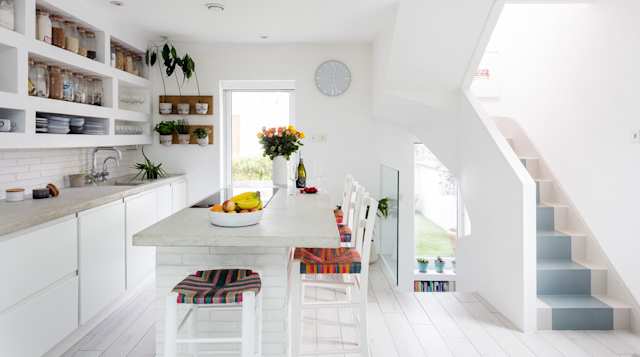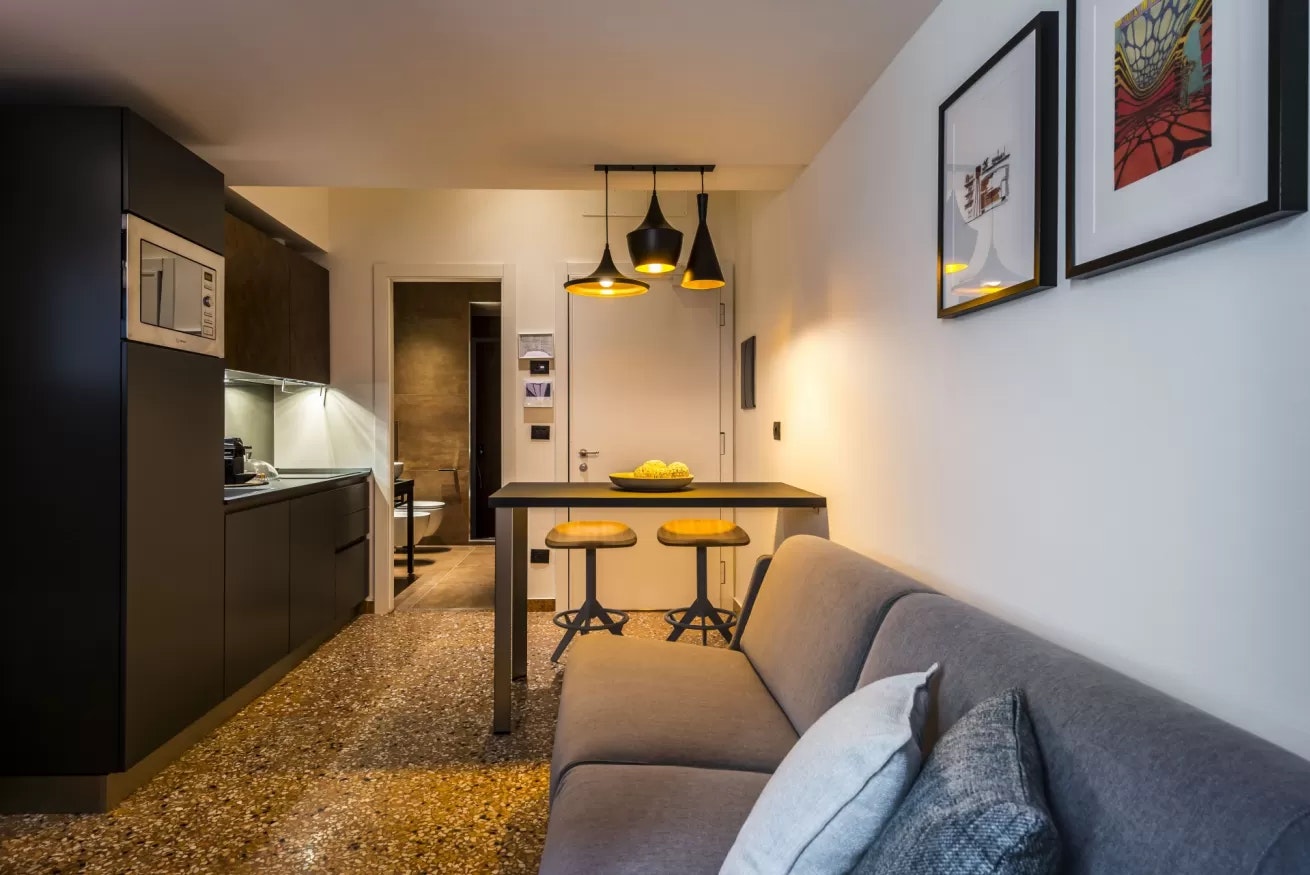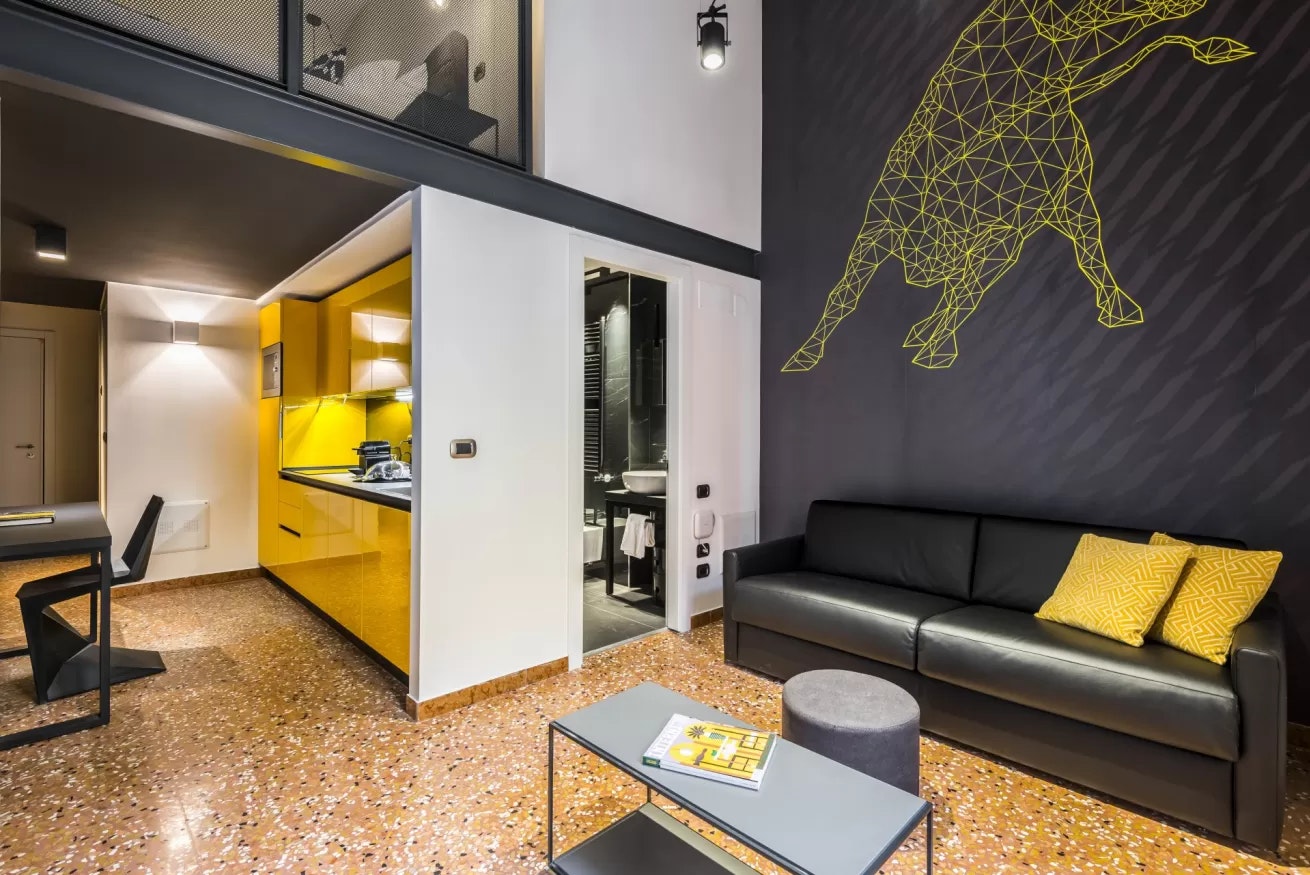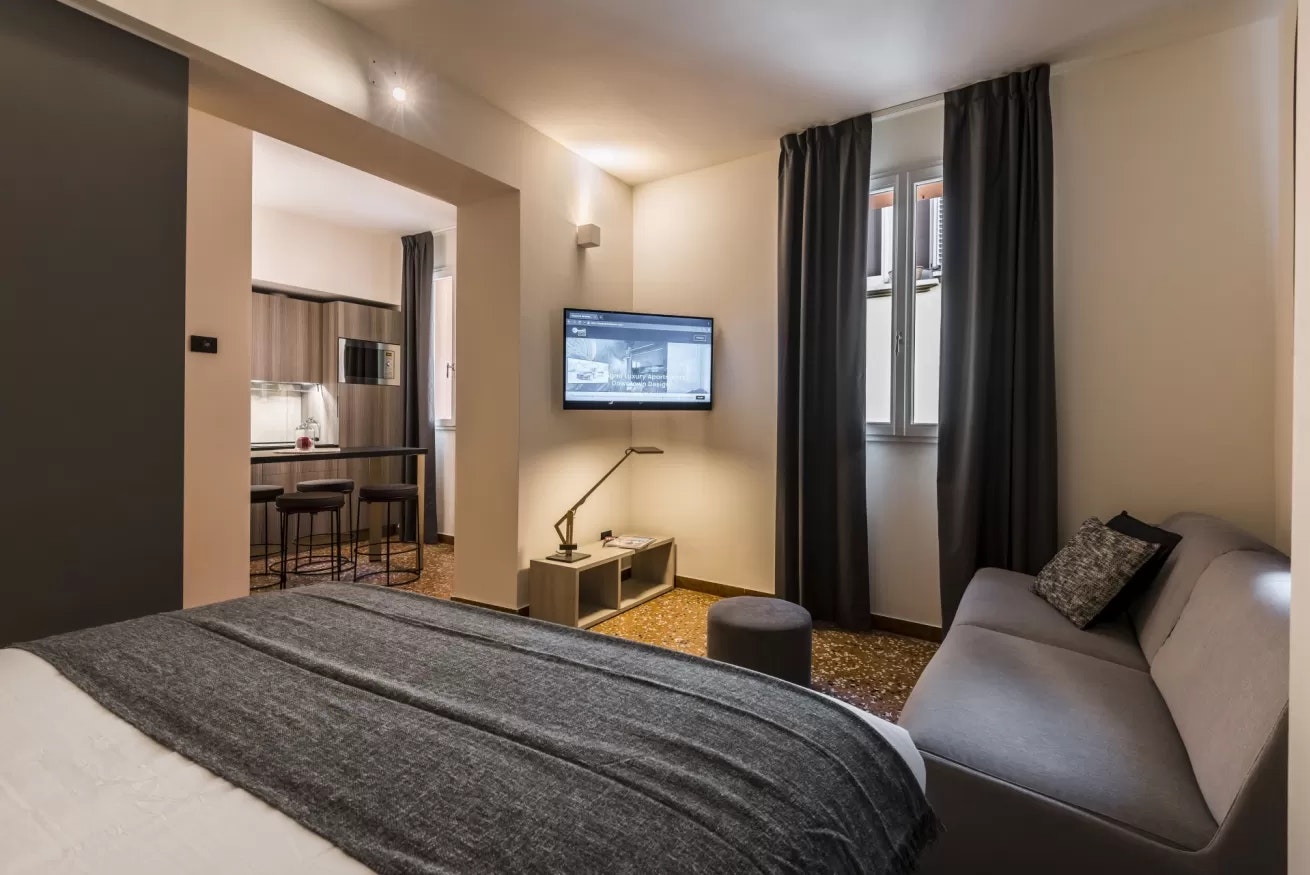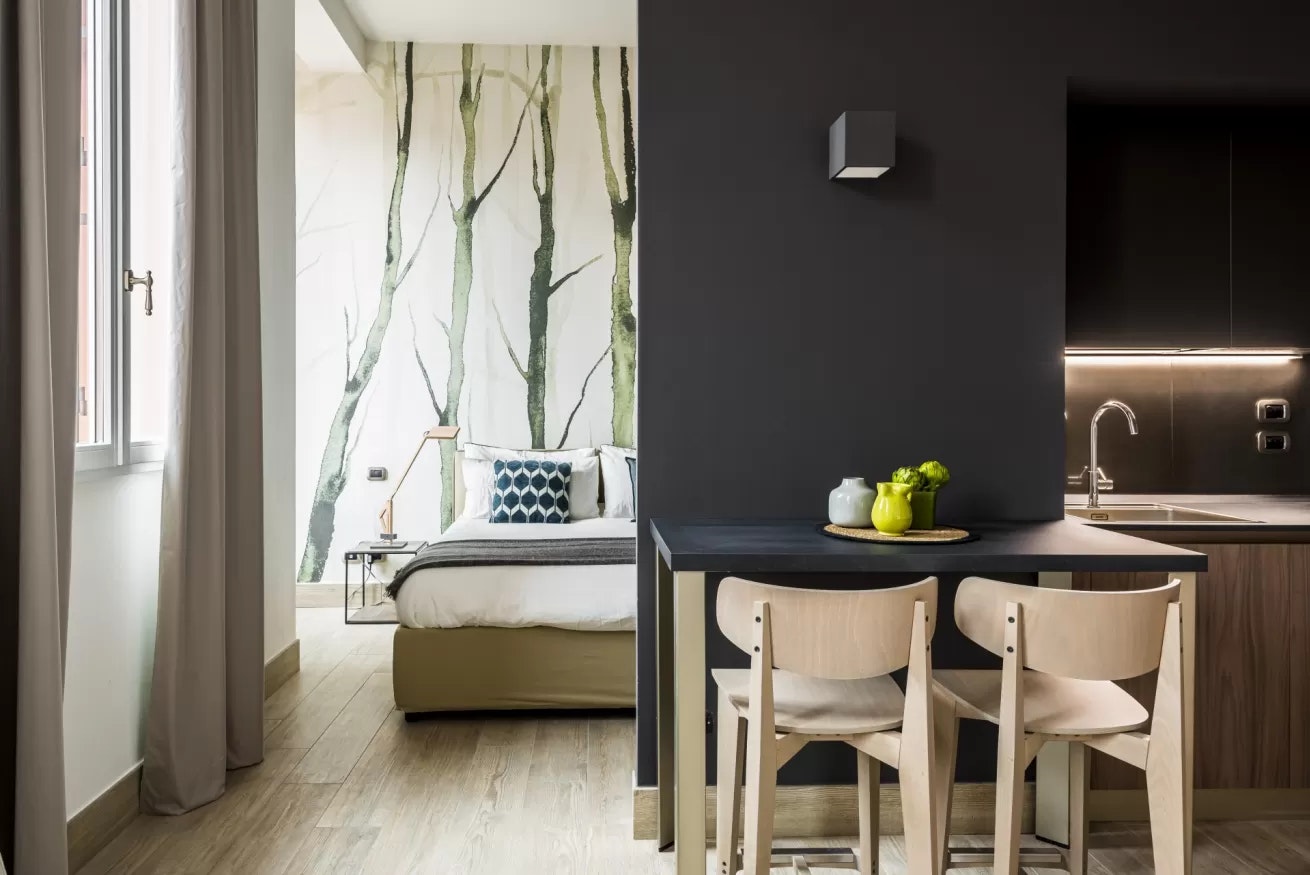You Misplace Your Trust on Every Holiday – Here’s Why
Where do you turn when the most popular travel sources are blatantly unreliable? We look at where the biggest issues are, and how to fix them.
~
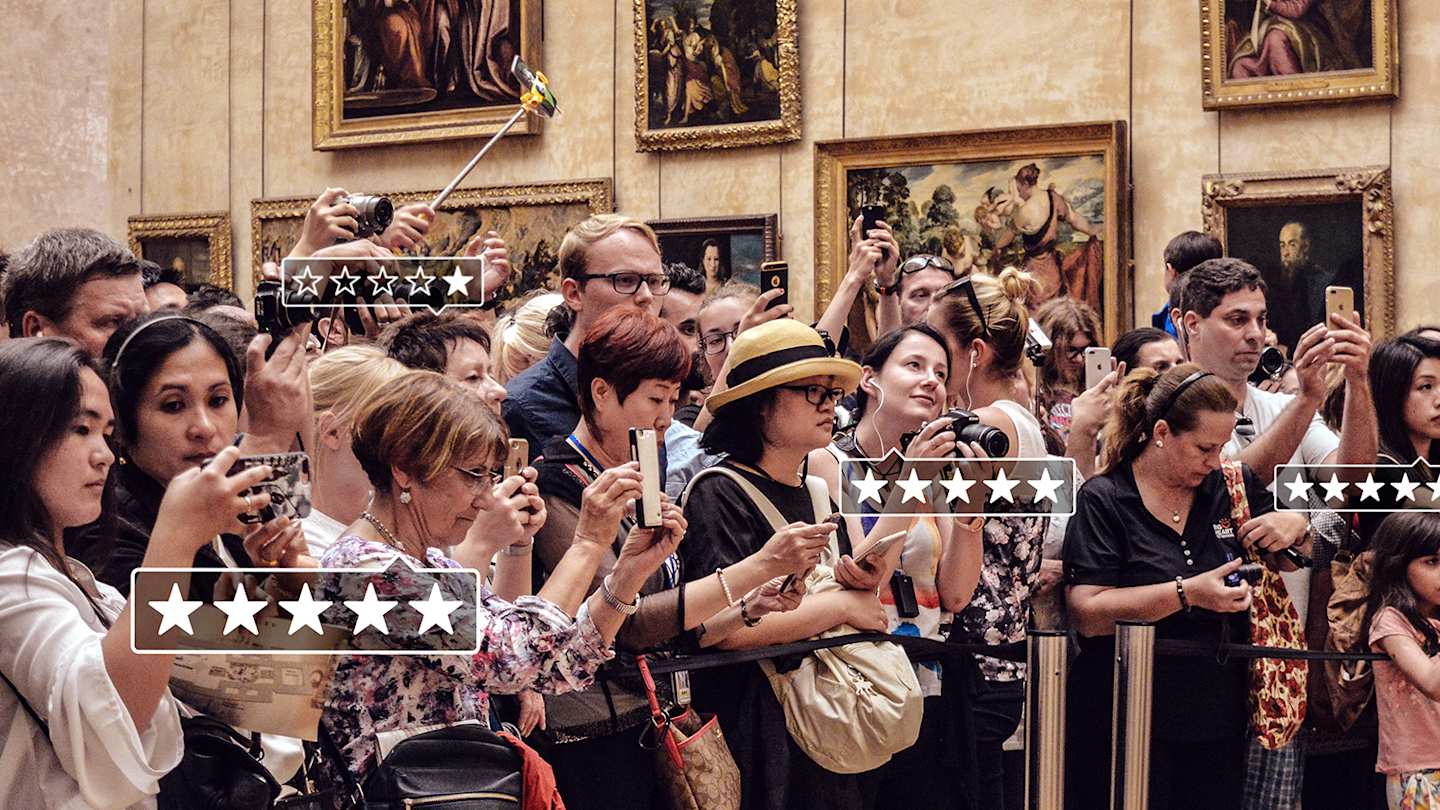
The dream holiday: expectations vs. reality
We invest a lot in holidays. All the time, money and family arguments (you want a cultural tour of Europe? Tough, your teenager wants a beach) take their toll. So, when you finally do escape away, you want to know that this trip is going to meet your expectations.
But how can you know? Who hasn’t gotten up ‘early’ to see a world-famous tourist site in peace, but found upon arrival that everybody else had the same idea? And haven’t we all been misled about our accommodation? (That bathroom definitely didn’t look like a cupboard in the pictures online…)

Photo from Caixin
At Plum, we want to tackle how mistrust is rife in the travel industry. Yes, honesty is a big deal in every industry. But in the travel space, trust issues are magnified because you’ve put so much into making a holiday happen - and you’re supposed to be having a nice time.
Customer reviews – yay nor nay?
We’ve long been attuned to the fact that ultra-glossy ads don’t reflect reality, so we’ve turned to our peers through sites like TripAdvisor, Yelp and Airbnb to get the real low down. You want to feel prepared. You want to feel that you’ve left no stone unturned. So you dive into the reviews.
Hours later, after scrolling through endless 5-star and 1-star reviews (with very little in between), fatigue sets in and you feel like giving up and booking any old place. Reading customer reviews is not just impossibly time-consuming – they’re also far from reliable.
This is no secret. After four-month investigation by the British Advertising Standards Authority, TripAdvisor were banned in 2012 from claiming their reviews were trustworthy because they have no verification procedure. Perhaps its most embarrassing exposé came when, in 2017, Vice journalist Oobah Butler got his hoax restaurant ‘The Shed’ to become TripAdvisor’s top-rated London restaurant. How, you might ask? With fake reviews, and pictures of ‘food’ featuring shaving foam and his own foot.

Bleach tablet and shaving foam anyone?
Don’t think that this case dispelled fake reviews forever! Just this summer, Russian marketing company The Bacon Agency proudly offered to write imaginative posts for restaurants wanting to get on TripAdvisor’s top 10 in time for the World Cup. We’re sure business was booming.
But outright lies are really just the tip of the iceberg. Even when customer reviews aren’t deliberately deceptive, they’re really unhelpful when you have no idea what the author’s standards and expectations are compared to your own. And people are much more likely to post reviews when they feel strongly, so instead of a balanced assessment, you get extreme expressions of love or hate that are difficult to decipher with an outsider’s perspective. A study by bestcompany.com found that 71% of customer reviews are either five-star or one-star, when surely, you would imagine most places fall somewhere in the middle.
Even worse, 95% of Airbnb properties are rated 4.5 stars or higher, not least because guests might get rejected by new hosts for having left bad reviews in the past. Brilliant. So all those good reviews you were relying on are effectively meaningless.
When there’s impartial information on your options, you are empowered to make the decision that works for you. When you’re being willfully or unintentionally misled, it limits your ability to make the best call.
So what are we gonna do about it?
Plum exists to provide a better alternative. Homestays are brilliant, but it’s uncharted territory for most of us, and as of yet consumer expectations aren’t standardised. When you book a hotel, there’s a basic understanding of what should be provided, and (whilst simplistic) the 5-star rating system usually requires accreditation from an authoritative body. Not so for homestays.
We think the future lies in expert-led reviews, not the tyranny of the crowd. We don't have anything against reviews. We just think it's our responsibility - not our guests' - to guarantee great quality and provide a benchmark.
The way we test all of the homes nominated for our collection is, at heart, objective: the size of a bed or the strength of a WiFi signal are hard facts. The Plum Home Test provides quality assurance, saving you wading through the quagmire of reviews just to see if the home you’re considering has enough cooking equipment.

Objectively testing something as subjective as good home design is tricker. Part of our solution comes from hiring home critics with the best backgrounds and experience. But we’ve also put a lot of thought into the science behind our tests, and devising intelligent questions that consistently unpick a home’s aesthetic. Plus, we’ve made sure to include a range of homes to cater to all tastes.
And we’re on a mission to turn our data inside out. We share all the information we collect on a home with you. We know we can’t promise that all our homes would suit every customer. But we can offer complete transparency so you know what to expect.
We share floor plans - telling you what the pictures don’t. And we flag anything we would want to know in the (Un)small Print section of every home. Because maybe you’re going on holiday with Granny, who certainly won’t want to climb 3 flights of stairs to her bedroom, thank you very much. Lucky we warned you in advance! A king-sized bed doesn’t matter to some, but is a deal-breaker for others. We know it’s worth the risk to tell you these imperfections. Because the last thing we want is for you to be disappointed.
The objectively perfect home doesn’t exist; but this way, you can find the home that’s perfect for you.
